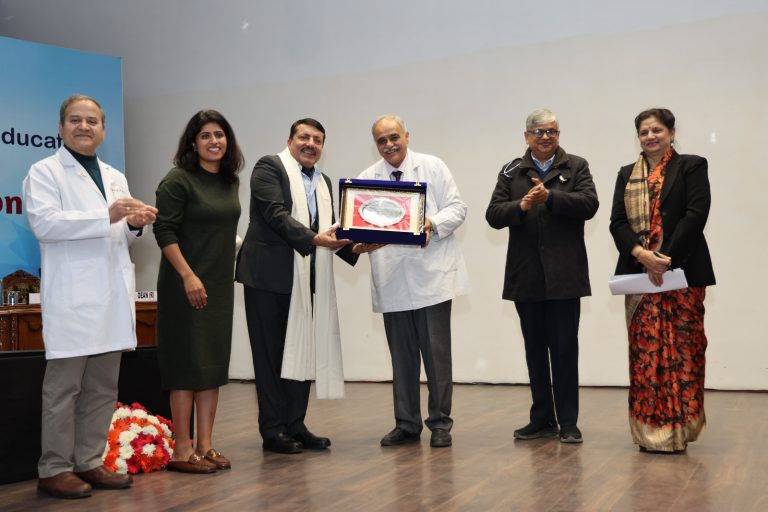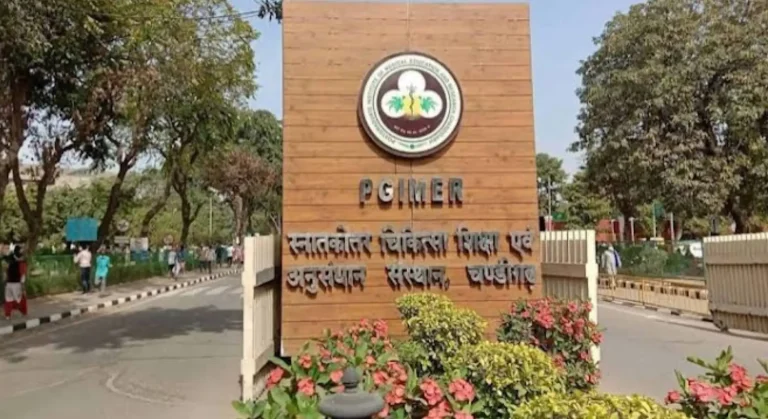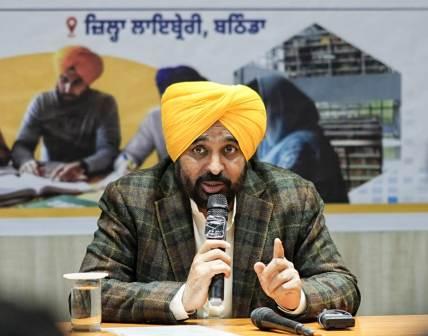
Dr. Rama Walia, the lead investigator of the study, said, “That’s a powerful message of hope
CHANDIGARH: For decades, doctors have viewed type 2 diabetes as a lifelong, irreversible condition that requires daily medication, strict dietary control, and constant lifestyle management . New hope is emerging from India’s Postgraduate Institute of Medical Education and Research (PGIMER), Chandigarh. A clinical study there has shown that remission—yes, remission—may be possible. This is achieved through a carefully designed and practical strategy.
Type 2 Diabetes : A Life Sentence—Until Now
Doctors have long viewed Type 2 diabetes — which affects millions globally and is a growing health concern in India — as a chronic disease without a cure. They often tell patients they must…
manage it for life, with pills and blood sugar logs becoming permanent companions. But what if there was a chance to hit reset? Remission” is the term scientists are now using—meaning a return to normal blood sugar levels with HbA1c < 6.5 % without any diabetes medication for at least three months.
A Made-in-India Approach with Global Promise Led by Dr. Rama Walia, a team of researchers at PGIMER launched the DiaRem-1 study, aiming to explore whether tight blood sugar control using modern medicines, combined with lifestyle changes, could push the disease into remission. What makes their work stand out is that it did not rely on extreme weight loss diets or costly surgeries, which are often impractical for many patients.
The researchers selected adults diagnosed with type 2 diabetes in the past five years. Their blood sugar was still reasonably controlled. Over three months, they placed these participants on a combination of proven diabetes medications. They also guided them through diet and physical activity. After that, they stopped all medications. Researchers observed the participants over the next three months. They wanted to see if their blood sugar levels could stay in the normal range without medication.
Type 2 Diabetes ; What Happened?
The results were eye-opening. About 1 in 3 participants (31%) achieved diabetes remission—meeting the internationally defined benchmark of maintaining HbA1c below 6.5%
without medication for at least three months. Surprisingly, both treatment groups saw similar remission rates. One group used newer medications like liraglutide and dapagliflozin. The other group used more commonly available medicines like glimepiride and vildagliptin.
Weight Loss Helped—but Wasn’t Everything
The average weight loss was modest—4.7 kg in the intervention group and 3 kg in controls. MRI scans in select participants showed dramatic declines in internal fat stores. There was a 51% drop in liver fat and a 48% reduction in pancreatic fat. These fats are crucial contributors to insulin resistance and worsening diabetes.
The Science Behind the Strategy
Doctors now understand that two major culprits drive diabetes progression. The first is glucotoxicity, which is too much sugar damaging beta cells. The second is lipotoxicity, which involves fat accumulation impairing insulin action. By
reversing these with medication and lifestyle therapy, the pancreas gets a much-needed break. In some cases, it begins to function more normally again. Those who achieved remission also had better beta-cell function. This was measured by a “disposition index.” They also had lower levels of insulin resistance (HOMA-IR) compared to those who didn’t. Importantly, no single patient characteristic—age, weight, or duration of diabetes—could predict who would succeed. This makes the approach potentially applicable to a wide range of patients in early stages of diabetes.
Side Effects and Safety: Well-Tolerated Treatment
Minor side effects like nausea were seen, especially in those taking liraglutide, but there were no serious health risks noted. Notably, no patients in the intervention group experienced low blood
sugar, a common concern with diabetes medications. A Moment of Change, Not a Cure Experts caution that remission is not the same as being cured. Blood sugar levels can rise again
without ongoing lifestyle commitment. But the fact that normal levels can be sustained without medication—even temporarily—is a major breakthrough.
What’s Next?
PGIMER’s team is continuing research to test how long this remission lasts. They are also investigating whether longer treatment duration might improve outcomes further. But even now, this trial is small yet powerful. It offers a cost-effective and scalable strategy. This approach can work in outpatient clinics across India and the world. “With early, intensive treatment and continued support, many patients may no longer need
diabetes medication. Dr. Rama Walia, the lead investigator of the study, said, “That’s a powerful message of hope
The Bottom Line
A doctor may have recently diagnosed you or someone you care about with type 2 diabetes. This study brings an encouraging message: your condition may not be permanent. With early action, close follow-
up, and guided treatment, remission is possible—and potentially within reach for many.
Fast Facts: Diabetes Remission and the PGIMER Study
• Definition of Remission: HbA1c <6.5% for at least 3 months without diabetes medications
(as per international consensus)
• Study Name: DiaRem-1, PGIMER Chandigarh
• Participants: 29 adults, type 2 diabetes <5 years
• Treatment Period: 3 months on medication + lifestyle plan → 3 months off medication
• Remission Rate: 31% remained drug-free with normal blood sugar
• Result: Both modern and standard drugs helped when tightly managed
• Goal: Not a cure, but a realistic and hopeful path to freedom from drugs
In the fight against diabetes, this research marks a turning point. Being newly diagnosed may no longer mean a lifetime on medication. The message is clear: with the right early steps, it may be
possible not just to manage diabetes—but to step beyond it.





